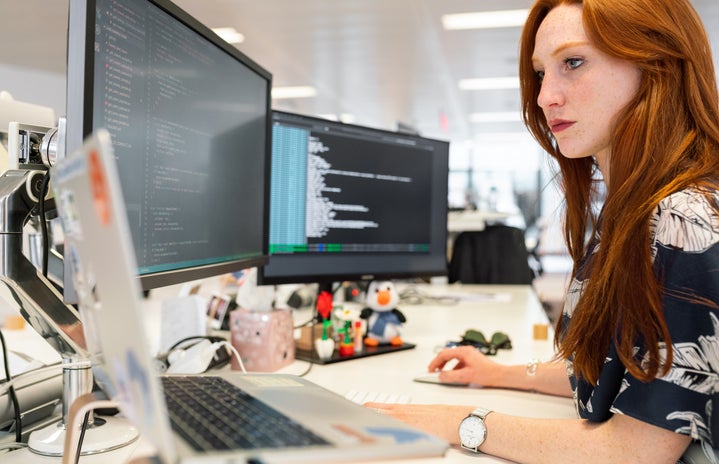In recent years, the fashion industry has witnessed a profound transformation fueled by advancements in technology. One such game-changing innovation is Generative Artificial Intelligence (Generative AI), which has emerged as a powerful tool in the realm of fashion design. This cutting-edge technology is reshaping the creative process, enhancing efficiency, and pushing the boundaries of what is possible in the world of fashion.
Generative AI refers to a class of artificial intelligence algorithms that have the ability to generate new and unique content, such as images, text, and even designs. Unlike traditional design processes, where human designers conceive and execute ideas manually, generative algorithms leverage vast datasets to autonomously create innovative and novel designs. In the context of the fashion industry, this means that designers can harness the creative potential of AI to generate unique patterns, textures, and styles.
Generative AI has opened up new avenues for creativity in fashion design. By analyzing vast datasets of historical fashion trends, consumer preferences, and cultural influences, these algorithms can identify patterns and generate designs that resonate with current trends or offer a fresh perspective. This not only accelerates the design process but also fosters a culture of innovation by pushing designers to think beyond conventional boundaries.
One of the most significant impacts of generative AI in the fashion industry is its ability to facilitate customization and personalization. With the capability to understand individual preferences and styles, AI algorithms can create unique designs tailored to specific customers. This not only enhances the consumer experience but also addresses the growing demand for personalized products in the fashion market.
Tommy Hilfiger collaborated with IBM’s AI platform, Watson, to create a unique and personalized shopping experience. By analyzing customer preferences, Watson generated designs tailored to individual tastes. This innovative approach not only enhanced customer engagement but also showcased the potential of AI in creating personalized fashion. Adidas introduced the AM4 sneaker series, where Generative AI played a pivotal role in designing customized, city-specific shoes. By considering local data on climate, consumer preferences, and cultural nuances, the algorithm created sneakers that reflected the unique spirit of each city. This exemplifies how AI can be harnessed for both personalization and localized design.
Generative AI has the potential to streamline and optimize various aspects of the fashion design process. From generating initial design concepts to refining intricate details, AI can significantly reduce the time and resources required for each phase of production. This efficiency not only allows designers to focus on more creative aspects of their work but also enables fashion brands to respond quickly to evolving market trends.
Artificial intelligence is one of the most profound things we’re woking on as humanity. It is more profound than fire or electricity.
– Sundar Pichai (CEO, Google)
As sustainability becomes a central concern in the fashion industry, generative AI can play a pivotal role in minimizing waste and reducing the environmental impact of production. By optimizing patterns and designs to maximize material efficiency, AI algorithms contribute to the creation of eco-friendly and sustainable fashion. This aligns with the growing consumer preference for environmentally conscious products, positioning generative AI as a key player in the industry’s shift towards sustainability.
While the integration of generative AI in the fashion industry brings numerous benefits, it also raises ethical considerations. Questions surrounding intellectual property, the role of human creativity, and the potential for bias in algorithmic decision-making need careful consideration. Striking a balance between the creative input of designers and the capabilities of AI is essential to ensure ethical and responsible use of this technology in fashion.
Generative AI is ushering in a new era of innovation in the fashion industry, revolutionizing the way designers create and consumers engage with fashion. By harnessing the power of algorithms to generate unique and personalized designs, the industry can stay at the forefront of creativity while addressing challenges related to sustainability and customization. As technology continues to evolve, the synergy between human creativity and generative AI promises to redefine the future of fashion design, pushing the boundaries of what is conceivable in the world of style and self-expression.

